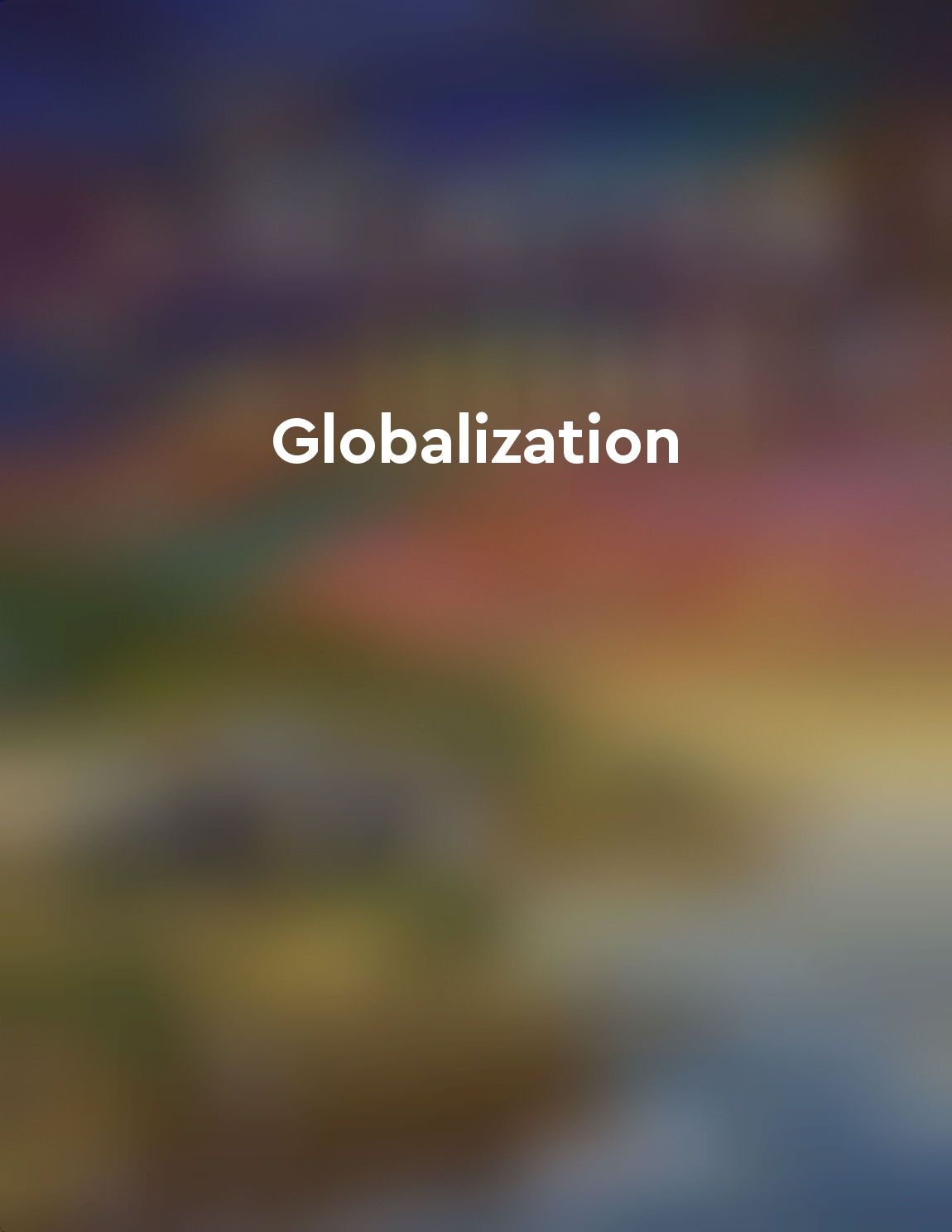External actors can influence peace processes from "summary" of Peace Process by William B. Quandt
External actors play a crucial role in shaping peace processes around the world. These actors can come in various forms, including governments, international organizations, non-governmental organizations, and individual leaders. Their involvement can range from providing financial and logistical support to mediating negotiations between conflicting parties. One way external actors influence peace processes is by exerting pressure on the parties involved to come to the negotiating table. They can use their leverage to encourage both sides to make concessions and work towards a peaceful resolution. Additionally, external actors can help facilitate communication between the conflicting parties and bridge the gap between their differing perspectives. Moreover, external actors can play a role in monitoring and enforcing peace agreements once they are in place. They can provide oversight to ensure that both sides are upholding their end of the bargain and can intervene if one party violates the terms of the agreement. This can help prevent a relapse into conflict and maintain the stability of the peace process. Furthermore, external actors can provide expertise and resources to help build the capacity of local actors to sustain peace in the long term. They can assist in the implementation of development projects, institution-building, and reconciliation efforts that are essential for lasting peace. By investing in the post-conflict reconstruction of societies, external actors can help create the conditions for a sustainable peace process.- The involvement of external actors in peace processes is instrumental in facilitating negotiations, monitoring agreements, and supporting post-conflict reconstruction efforts. Their influence can help bring conflicting parties together, keep them accountable, and build the foundations for a lasting peace.
Similar Posts
Dialogue and understanding are essential in overcoming the myth of religious violence
The idea that religious violence is a distinct and uniquely dangerous phenomenon has become deeply ingrained in the modern worl...
Never appear desperate
The concept of never appearing desperate is crucial in the game of power. When you show desperation, you are essentially placin...

Financial integration
Financial integration is a crucial element of globalization, as it involves the linking of financial markets across different c...
Explore the evolution of art and culture across different regions
The history of art and culture is a tapestry woven with threads of creativity, innovation, and tradition. As we journey through...

Technology brought new opportunities and risks
With the advent of new technologies, humankind found itself faced with a myriad of fresh opportunities and unforeseen risks. Th...
The Second Temple was built in Jerusalem
The Second Temple, also known as the Herodian Temple, was constructed in Jerusalem during the first century B.
C. by Herod the...
Economic sanctions
Economic sanctions are a frequently used tool in the realm of international relations. They involve the imposition of economic ...
The arms race only fuels conflict and aggression
The arms race, with its relentless pursuit of bigger and more powerful weapons, does not lead to security and peace as some mig...

